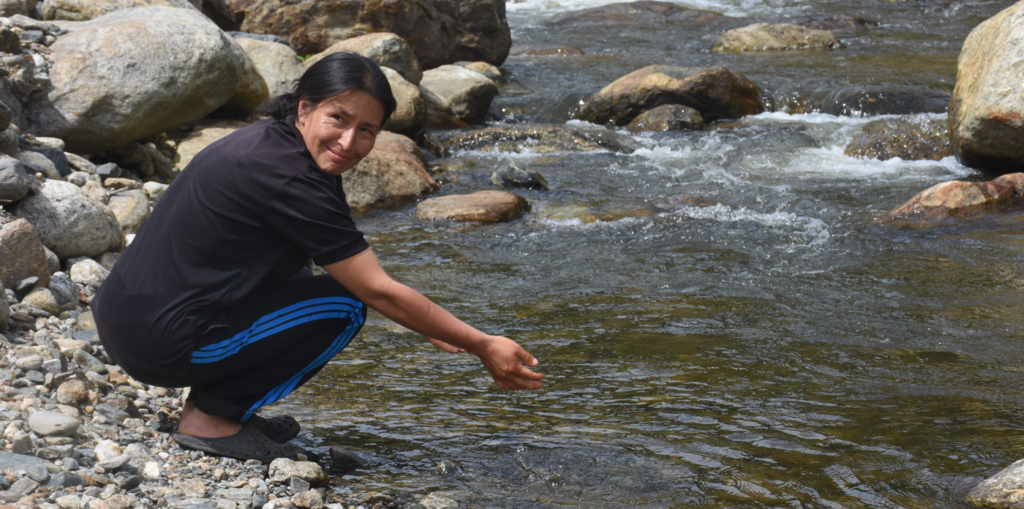Join For Water and Protos Andes promote a programme in de Andes that focusses on protecting and managing the Mayo-Chinchipe River basin in Ecuador and Peru. Protecting this river is not only important to ensure sustainable and equitable access to water for people, but also to help protect valuable ecosystems on a regional scale. That is because the Mayo-Chinchipe River eventually joins the Marañón River, which is one of the most important tributaries of the Amazon River. And on March 15 2024, an important decision was made about the Marañón River…
The Superior Court of Justice in Peru granted the Marañon River and its tributaries the status of a Subject of Rights, stipulating that: “it has the right to flow, to guarantee and provide a healthy ecosystem; the right to flow freely from all contamination; the right to feed and be fed by its tributaries; the right to the conservation of its ecological structure and functions”, among other rights.
What does it mean?
The court’s ruling is part of a shifting paradigm in environmental protection that focusses on rights of nature, envisioning a different society-nature relationship starting from respect and coexistence. It is also a key tool to enforce the protection of the Marañón River. It establishes that the national and regional governments, and the indigenous communities and organizations are guardians, defenders and representatives of the Marañon River. It is an important step in conceiving river basin management bodies as participatory spaces for different social actors and with effective decision-making mechanisms, as we envisage for the Mayo-Chinchipe River. And for organisations like Protos Andes and Join For Water, this decision is an opportunity to advocate for a revision of existing regulations in Ecuador and Peru to bring them in line with this new paradigm.
Women as river defenders
It was especially women who drove this achievement. The Huaynakana Kamatahuara Kana Indigenous Women’s Federation of the Amazon region of northern Peru filed this lawsuit due to the serious damages they face due to oil spills. This illustrates the importance of supporting women to strengthen their leadership in advocating for their rights and contribute to the protection of their environment.
That is why we also explicitly focus on raising women’s voices in our programme. In 2023 we organised a binational Water School for women, which brought together representatives of communities, farmer associations and local governments about water, gender and climate change. Thanks to the school, networks between women’s organisations are created and women further developed their talents and leadership skills. These efforts culminated in the launch of a Committee for Women Defenders of the Mayo-Chinchipe basin. The committee serves as a collective voice to advocate for the protection and conservation of the river basin, and forms a space for women to speak out and participate in decision-making on the basin management plan. In addition, many of these women are ambassadors in developing water source conservation agreements in their own communities across the basin.
So, although the ruling was already appealed, the arguments, the legal precedent, and the force of reason may be key elements toward future protection of river basins. Community and indigenous organisations will continue to play a fundamental role in the construction of norms and visions of resilient coexistence.
With support of Flanders

![]()




